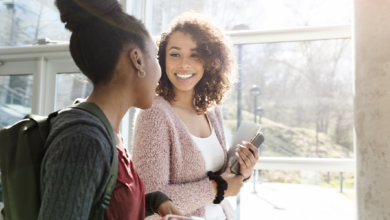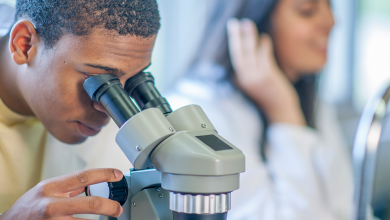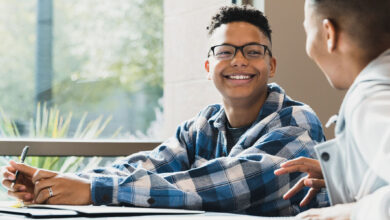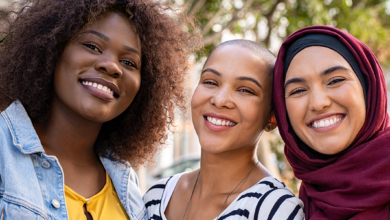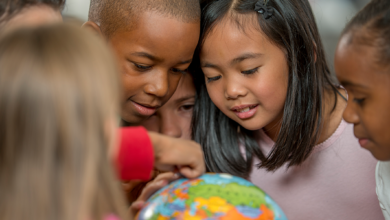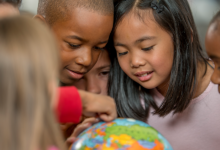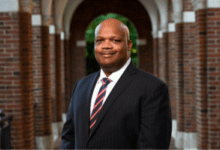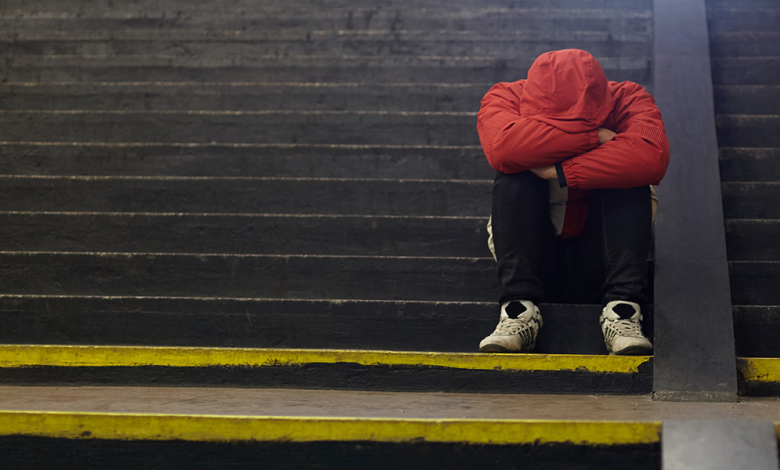
Black Florida and COVID-19
The United States and the state of Florida are global coronavirus hotspots. Where do Black Floridians go from here?
By Daphne Taylor, Florida Courier
It’s safe to say the coronavirus pandemic is out of control. The numbers are staggering.
As of this writing, 1.5 million people around the world are dead as a consequence of COVID-19. More than 68 million people worldwide – a number close to the entire population of the nation of Thailand – have been diagnosed with the infection.
The United States is the sickest country on the planet with regard to COVID-19. More than 15 million Americans harbor the virus, which has killed 287,000 U.S. residents.
According to the Johns Hopkins University and Medicine Coronavirus Resource Center, although Americans are only 4.3 percent of the world’s total population, 22.2 percent of all COVID-19-infected people worldwide are located in the United States, and 18.3 percent of all the people COVID-19 has killed around the world died in America.
Statewide spread
Despite the “do business as usual” happy talk coming from Tallahassee, the state of Florida continues to be a hot breeding ground for COVID-19, with almost 20,000 Floridians dead of COVID-19 and approximately 1.1 million infected.
Miami-Dade County ranks No. 3 in the number of COVID-19 cases on a county level in America. Broward County is No. 8 nationally; Palm Beach County is No. 23; Hillsborough is No. 28; Orange County is No. 29.
The Sunshine State even shows up globally. Among all the world’s states or provinces, Florida ranks No. 6 worldwide in the number of infections.
In fact, the state of Florida alone has more COVID-19 infections than the entire nations of Iran, Peru, or Turkey. Florida has more infections than the nations of Canada, Israel, and Austria combined.
It’s bad
 If the state of Florida is in COVID-19 crisis mode – despite what seems to be a lack of seriousness in state leadership – where does that leave the state’s 3.4 million Black residents?
If the state of Florida is in COVID-19 crisis mode – despite what seems to be a lack of seriousness in state leadership – where does that leave the state’s 3.4 million Black residents?
Are African Americans beating the illness? Are Black families coping?
It’s been statistically proven that Blacks generally have more underlying health problems and economic hardships than their White counterparts, and that both those factors negatively impact the health of Black people.
And there is a well-known saying in Black communities: “When White folks catch a cold, Black folks catch pneumonia.” Still, data analyzing COVID-19’s impact by race or ethnicity is incomplete.
Risky to be Black
However, according to the Centers for Disease Control and Prevention, there’s enough data to conclude that being Black is a risk factor with regard to COVID-19. Compared to White, Non-Hispanic persons, Black Americans are 1.4 times more likely to get infected, 3.7 times more likely to be hospitalized once they are infected, and 2.8 times more likely to die from the infection.
How are Blacks handling this threat? How are Black communities across the state responding to this crisis?
Are Black churches and pastors doing all they can to help their congregants cope with something that sprung out of nowhere leaving us to face the unknown – on our own? Are politicians doing what’s necessary to address the needs, concerns and fears of those impacted the most by this pandemic ?
Doing enough?
 While health care professionals are superbly treating those who come through the doors of emergency rooms around the state, is the medical community doing enough research and education to inform people of color about the risks and treatments as the daily numbers skyrocket?
While health care professionals are superbly treating those who come through the doors of emergency rooms around the state, is the medical community doing enough research and education to inform people of color about the risks and treatments as the daily numbers skyrocket?
What about education and school? Are Black families, especially those who may already be facing tough financial times, able to school their children in effective ways that also keep them safe?
What about Black businesses? How are they bearing the brunt of this economic downturn as a result of the COVID-19 crunch?
So many questions, all with complex answers as we all face a new world order, the likes of which no one has ever experienced.
No time to waste
We do know that time is of the essence and every minute matters when it comes to the battle against this raging pandemic. And even though a vaccine is on the horizon, will Blacks be counted in the number?
Or perhaps a more poignant question: Do Blacks WANT to be counted in the number when the vaccine becomes readily available?
With well-proved (and well-founded) historical distrust of the medical profession, some African Americans may not want the vaccine – which many already believe was rushed into existence. Some African Americans are willing to be vaccinated, but they won’t be at the front of the line despite being at higher risk for getting infected.
In order to make a dent in the spread of COVID-19, 75 percent to 80 percent of the total population of United States must be vaccinated, according to infectious disease expert Dr. Anthony Fauci.
How does one expect to convince African Americans to take that chance despite their nervousness and fears?
Nothing new
 Dr. Kevin Sneed is senior associate vice president at the University of South Florida Health, as well as dean of Taneja College of Pharmacy at USF in Tampa. He says he has two prevailing thoughts that he wants the public to know as they ponder whether to take the vaccine.
Dr. Kevin Sneed is senior associate vice president at the University of South Florida Health, as well as dean of Taneja College of Pharmacy at USF in Tampa. He says he has two prevailing thoughts that he wants the public to know as they ponder whether to take the vaccine.
First, he points out that the vaccine technology utilized by Pfizer and Moderna, the two companies whose vaccines we will likely see first, is not new.
“There’s a perception that we started working with this technology just this year. But the reality is the vaccine technology used by Moderna and Pfizer started in 2013 and 2014 with (then-President) Barack Obama,” pointed out Sneed, who speaks regularly to groups of African Americans nationally and locally.
He said Obama was ahead of the curve on the vaccine technology and asserted that Obama predicted there would be another pandemic in four or five years and that the country needed to be prepared.
It turns out Obama was on point. We now know the first cases of coronavirus likely popped up in America in late 2019. We are facing a pandemic six years after his prediction.
‘A chance to live’
Second, Sneed says his recommendation to those who are leery of the vaccine is to “take a chance to live.” He stresses that out of 200,000 people who’ve participated in clinical trials, no one has died.
Dr. Rose Stiffin, Associate Professor and Chair of Health and Natural Sciences at Florida Memorial University in Miami, says she knows Blacks have concerns about the COVID vaccines.
“Blacks are hesitant about taking the vaccine, because historically Blacks have not been treated well in the health care field,” Stiffin acknowledged.
“You are not being injected with the (actual) virus,” she stated in a telephone interview from Miami. Still, she was cautious.
“Even though the vaccines have 95 percent efficacy, we still have a long way to go,” she noted.
Real life
Stiffin says research is key. Her students are tasked with researching and writing about COVID-19 as well, and it’s about more than a classroom lesson. It’s about real life.
“It’s not just that you have to pass my class. It’s to teach them that science is real,” she explained.
Stiffin says of five Black Americans is impacted by COVID-19 and she says there’s an uptick in the virus because the general public should be wearing masks, social distancing and washing their hands. “The reason there’s an uptick is we weren’t doing these things.”
Hardest hit
Florida State Senator Bobby Powell says there’s reason to be concerned in Florida.
“Black communities are being hit the hardest. We have more underlying conditions and many are afraid to go to the doctor. Cases are continuing to increase in our state and Blacks continue to be impacted disproportionately,” he indicated.
But he points out that an often-hidden fact is the alarming number of inmates in Florida’s state prisons who are impacted by COVID. “The state doesn’t talk about that,” Powell declared.
In the coming weeks, this newspaper will examine how COVID-19 affects Black Floridians across the state.
The post BLACK FLORIDA AND COVID-19 appeared first on Florida Courier.

